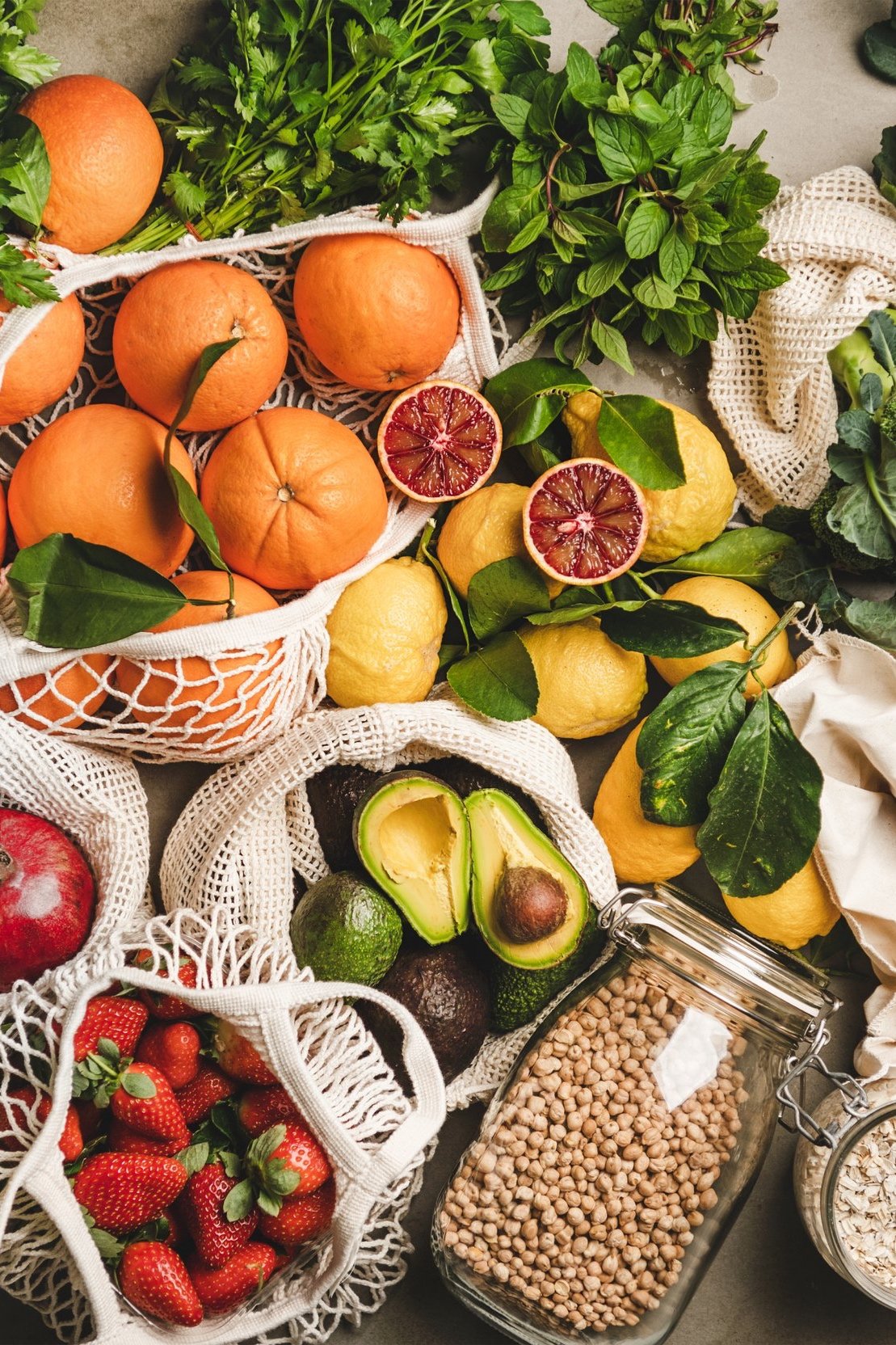
Latest from the blog
why you should ditch diet culture in 2025
Diet culture is everywhere. Sometimes it feels impossible to go a day without seeing another social media influencer denounce gluten, or hearing an ad for half-price weight-loss drug on a podcast, or watching a video that praises a certain body type. The truth is though–restrictive eating isn’t the way to build healthy and sustainable relationships with food, and weight loss drugs alone are not the best option for most people–nor do they address the underlying condition.
how a sustainable and balanced diet can help you reach your health goals
Especially around the New Year, it’s easy to get sidetracked from long term health goals. Social media is flush with trendy diets and exercise programs that promise quick results with limited effort. Some diets might exclude entire food groups or restrict calories to childhood levels. It’s important to remember though, quick fixes rarely last, and restrictive diets aren’t good for you long term. A healthy diet and lifestyle is all about balance, nourishing your body, and finding a sustainable approach that best works for you.
how to improve your relationship with food
What we eat, when we eat, how we eat, and why we eat are often very personal and individualized. Though, ultimately an individual's choice, many factors beyond our control can influence our daily intake.
4 ways to reclaim your lunch break and improve your health
Your body’s ability to digest and metabolize food goes well beyond the nutritional breakdown of the food itself. Factors in your control, like the rhythm and frequency at which you eat throughout the day, your relaxation or stress level, the quality of your food, and the pleasure you find in meals all play a large role in your health.
the power of snacks
Eating throughout the day is crucial, and it begins within an hour of waking. Then every 3-4 hours. That’s where snacks come in. Depending on the number of hours you’re awake, an ideal day may include breakfast, snack, lunch, snack, and dinner. If your days are long, you may find a post-dinner snack to be helpful. Read on to see how snacks can help you reach your health goals.
mindful eating: making peace with yourself and food
You may have heard or read the term “mindful eating”. But, what does it really mean? Well, I’ll tell you one thing – it isn’t another restrictive diet. In fact, it’s quite the opposite. Mindful eating allows you to have a peaceful relationship with what’s on your plate. It’s a liberating and empowering way to listen to your body and individual needs. Dive into this post to learn more and feel free to try the mindful eating activity at the end!
intuitive eating: what it is and what it isn't
If you’ve been following the buzz around diet culture lately you’re sure to have seen what appears to be a new approach to diet and consumption. Intuitive eating.
eating alone?
Generally, we’re so concerned with ‘what’s for dinner?’ when we’re planning to feed others, eat with friends or dine out but what happens when we only have one mouth to feed – our own?








